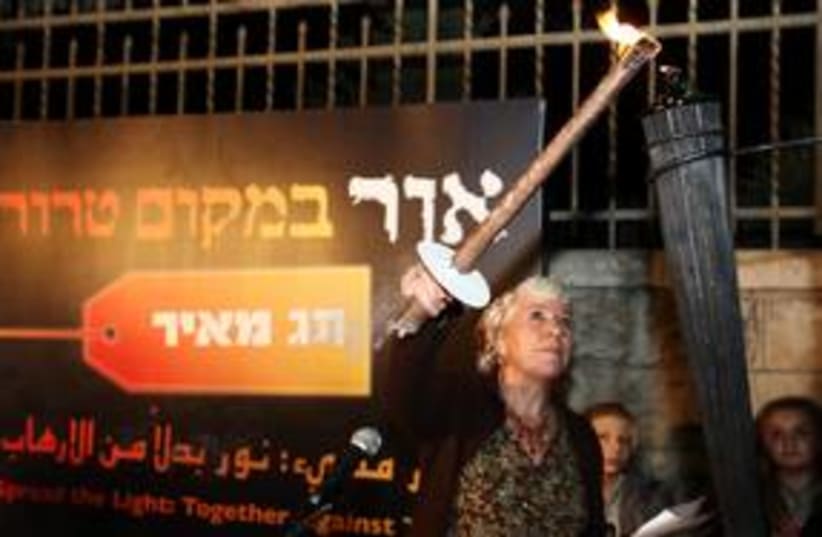The writer is an award winning columnist and radio talk show host. He can be reached at www.RadioChicagoland.com.
Yalla Peace: The abnormality of ‘normalization’
Normalization may not be “normal” in the Middle East or in regard to Palestinians and Israelis relations.

The writer is an award winning columnist and radio talk show host. He can be reached at www.RadioChicagoland.com.